|
Alex Gibney's film praised for exposing 'plight of ex-Scientologists brave enough to blow the whistle'
[Note: story updated 6/10/16 with quotes from the director of Winter on Fire, and photo gallery]
The TV Academy calls its annual Honors show a chance to celebrate television that "powers social change," but the Church of Scientology likely found little to celebrate.
Among the films and programs recognized Wednesday night was Alex Gibney's documentary Going Clear: Scientology and the Prison of Belief, a harshly critical look at the Church, its founder L. Ron Hubbard, current leader David Miscavige and many of its most prominent followers, including Tom Cruise. The film, which aired on HBO, won three Emmys last September. 'It's not the creed, it's the deed.' We don't care what they believe in. We care [about] their actual human rights abuses.
Gibney, who has been denounced by the Church of Scientology for spreading "bigoted propaganda" through his film, was not present at the awards ceremony. Producer Kristen Vaurio accepted, joined on stage by Sylvia Yvonne "Spanky" Taylor, one of a number of ex-Scientologists interviewed in Going Clear. Before the trophy was presented, the audience was shown a clip from the film which included a moment where Taylor recalled fleeing Scientology with her infant child.
Taylor spoke with Nonfictionfilm.com on the red carpet, hailing Going Clear for making a significant impact.
"A great many people have heard of Scientology but nobody knew really what it was and that's by design. The organization wants you to go in and partake to find out. So this [film] kind of opened up the whole thing so people could really look at what really happens and what it's really about and in a very honest and truthful way," she said. "Every aspect of it was so well researched and thought out and I'm so happy about that." Taylor said she doesn't fault anyone for following Scientology. "If anybody wants to do it I think everybody should do what they choose and believe as they choose. However, I think it would be fair of them to look at both sides. Unfortunately, they're not given the right to do that. You're only allowed to look at one side. If you could look at both sides and make a determination what side you'd like to support that would be fine. Or even no side, as long as you have the information." She said her issue with the Church amounted to this: "There's a term... 'It's not the creed, it's the deed.' We don't care what they believe in. We care [about] their actual human rights abuses. That's where it begins, that's where it ends for me personally. That's what's really important." [The Church has written a series of letters to Sheila Nevins, head of HBO Documentary Films, attacking Gibney's film and the credibility of his sources. In one letter posted online, Church spokeswoman Karin Pouw wrote, "Not only has ["Spanky"] Taylor been gone from the Church for more than three decades and knows nothing of it today, her former husband, Norman Taylor, adamantly disputes the tales she tells in Alex Gibney’s film about the treatment of their daughter and her false 'escape...' She was expelled from the religion three decades ago for illicit activity."]
Actress Dana Delany, who hosted the awards show [for the ninth time running] told the audience about her own experience with Scientology recruiters.
"It was 1978. I gave them my 'service' number. Remember service numbers? They called me every day for two years. That's how powerful they are. And persistent," she said. Going Clear was just one of a half dozen films and programs that were singled out for their social impact. The other honorees were the A&E reality series Born This Way; Showtime's Homeland; The Cinemax series The Knick, the two-part documentary Mississippi Inferno, which aired on the Smithsonian Channel, and the Netflix documentary Winter On Fire: Ukraine's Fight for Freedom, which earlier this year earned an Academy Award nomination.
Mississippi Inferno tells an unknown story from the Civil Rights era -- the critical contributions of black farmers and landowners who provided food and shelter to Civil Rights workers. and sprang activists from jail by offering their property as collateral on bail bonds.
"It looks at the history and tells you something most people didn't have a clue about and that was the role of the [black] landowners and the independent farmers as the absolute bedrock and backbone of the Civil Rights Movement," director-producer David Shulman told Nonfictionfilm.com. "The films around the Civil Rights Movement really don't focus a lot on local populations," producer Charlayne Haynes told NFF. "These independent land owners had their own resources, they had the courage to put up bonds. If any of those volunteers had [jumped bail] they would have had to sacrifice their land." 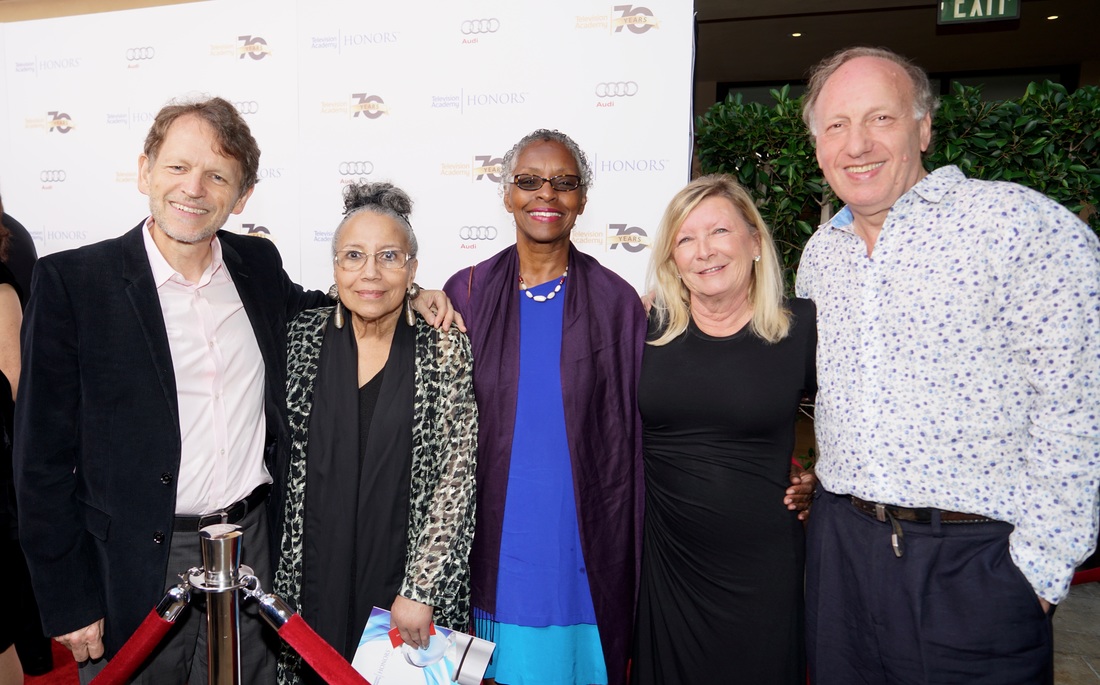
The "Mississippi Inferno" team at the Television Academy Honors in Beverly Hills. Left to right: David Royle, head of programming at the Smithsonian Channel; Dr. Doris Derby, producer; Charlayne Haynes, producer; Joy Galane, executive producer; David Shulman, director/producer. 6/9/16 Photo by Matt Carey
Haynes said the filmmaking team has made a point of screening Mississippi Inferno in schools.
"You'd be amazed at the number of students who had no idea that black people even owned the land. So it's a real eye-opener and you can never tell that story enough." "It's also very important for young people, the sons and daughters of the black independent farmers, to know that it's crucial that they keep the land in the family," added fellow producer Dr. Doris Derby. David Royle, head of programming for the Smithsonian Channel, pointed to the contemporary relevance of the documentary. "There are struggles going on today over the ability of people to vote and there are states that are making it very difficult for large communities to vote," he told NFF. "What strikes me about this film is you're going back into history to a time when the right to vote was a massive life-and-death struggle, but that struggle is still happening, maybe not on quite the same intense level, but it is very real and very important to today's life." Shulman echoed that point. "We're in the middle of a presidential campaign and it's a reminder of the sacrifices to get the right to vote and the importance of it." Actor and activist Danny Glover narrates Mississippi Inferno. The documentary's two parts, Seeds of Revolt and Deeds of Defiance, will re-air back-to-back on the Smithsonian Channel early Sunday, June 19th.
Winter on Fire director Evgeny Afineevsky attended the ceremony during a brief stopover in Los Angeles, where he is based. He's been spending most of his time of late away from home in the Middle East, working on a documentary about possibly the world's most desperate humanitarian crisis.
"We're trying to enlighten the world to tell the story of the Syrian refugees, to explain what's was all this [last] five years like for them, that they're leaving their homes -- not because they're trying to achieve some [economic] benefits, they're all ready to go home," he told NFF. "Daesh [ISIS] and all the other elements there, they throw them out of their homes."
Afineevsky said his upcoming film would once again focus on "the human stories behind the headlines." In Winter on Fire, he used footage from 28 cinematographers to document the Ukrainian Revolution of 2014, where young and old, religious and secular, rich and poor joined forces to oppose Russian domination of their government. He said the film, which Netflix has made available around the world, has proven inspirational to many.
"People can take something from this example [of Ukraine] and apply toward their lives and in the same time people can see that they're the real power," he said. "It's nice to see for example the younger generation understanding that the future is in their hands." |
AuthorMatthew Carey is a documentary filmmaker and journalist. His work has appeared on Deadline.com, CNN, CNN.com, TheWrap.com, NBCNews.com and in Documentary magazine. |
- Home
- News
- Videos
-
Galleries
- 2019 Tribeca Film Festival
- Full Frame Documentary Film Festival
- 2019 SXSW Film Festival
- SXSW 2018 Gallery
- 2019 Sundance Film Festival
- Outfest 2018 Photo Gallery
- Outfest 2017
- Sundance 2018 Photos
- 2017 LA Film Festival
- 2017 Cannes Film Festival
- Tribeca Film Festival 2017
- SXSW 2017 Gallery
- 2017 Berlin Film Festival
- Sundance 2017 Gallery
- 2016 Los Angeles Film Festival
- Cannes Film Festival 2016
- SXSW 2016 Gallery
- Berlinale 2016 Gallery
- Sundance 2016 Gallery
- Filmmaker Gallery
- About
- Contact
Proudly powered by Weebly
- Home
- News
- Videos
-
Galleries
- 2019 Tribeca Film Festival
- Full Frame Documentary Film Festival
- 2019 SXSW Film Festival
- SXSW 2018 Gallery
- 2019 Sundance Film Festival
- Outfest 2018 Photo Gallery
- Outfest 2017
- Sundance 2018 Photos
- 2017 LA Film Festival
- 2017 Cannes Film Festival
- Tribeca Film Festival 2017
- SXSW 2017 Gallery
- 2017 Berlin Film Festival
- Sundance 2017 Gallery
- 2016 Los Angeles Film Festival
- Cannes Film Festival 2016
- SXSW 2016 Gallery
- Berlinale 2016 Gallery
- Sundance 2016 Gallery
- Filmmaker Gallery
- About
- Contact


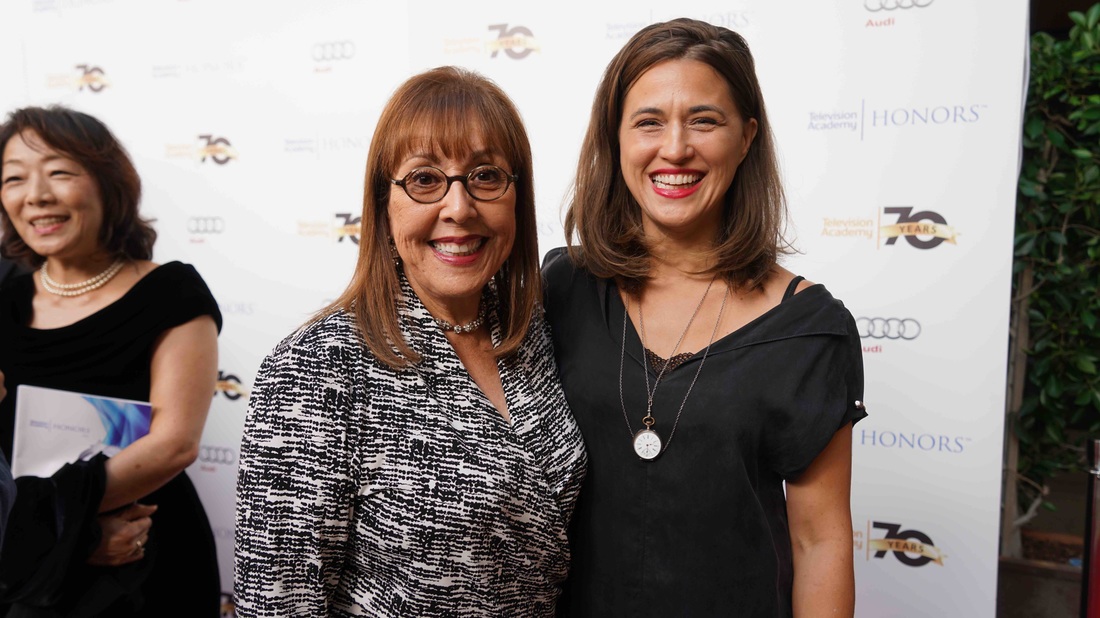

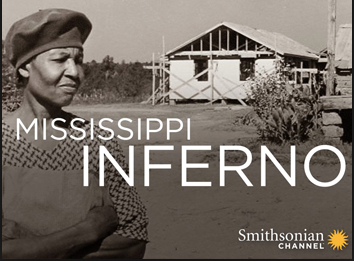

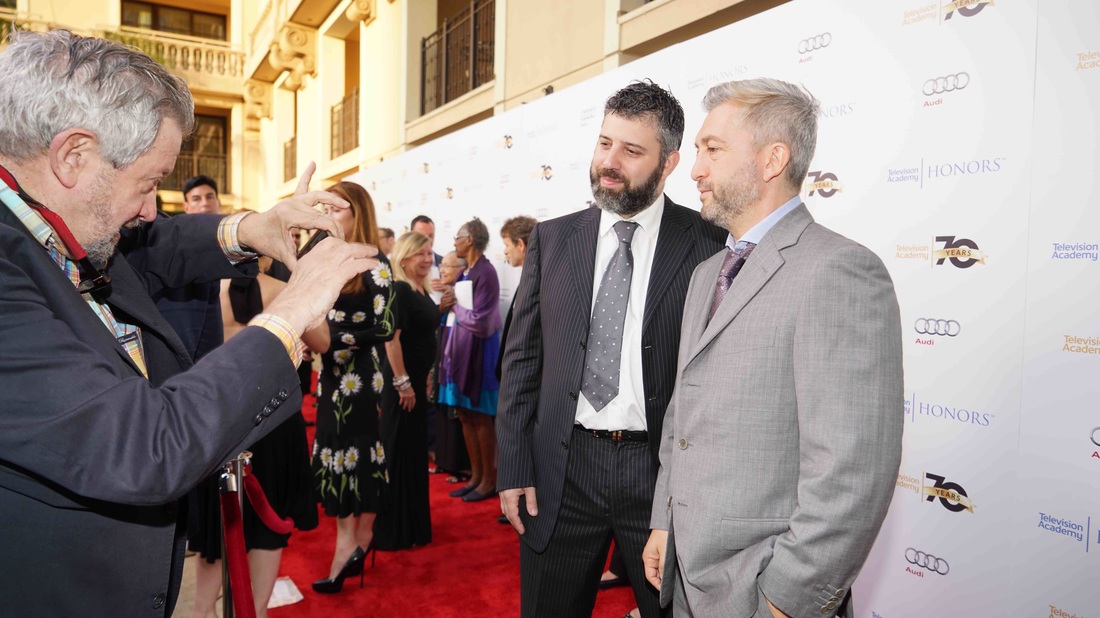


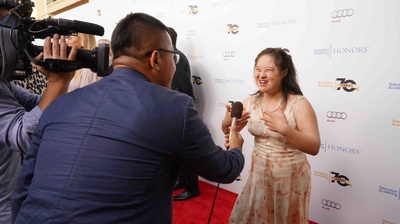

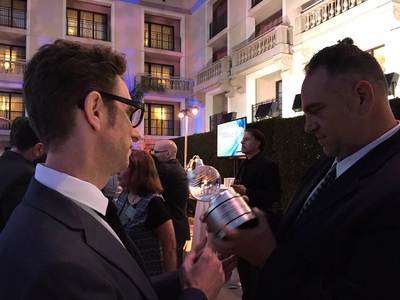
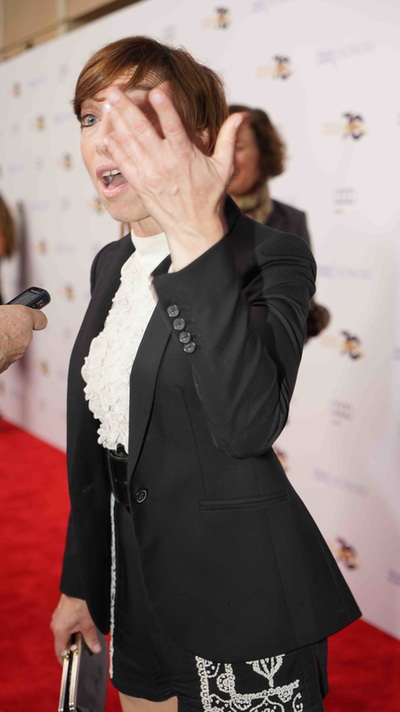
 RSS Feed
RSS Feed